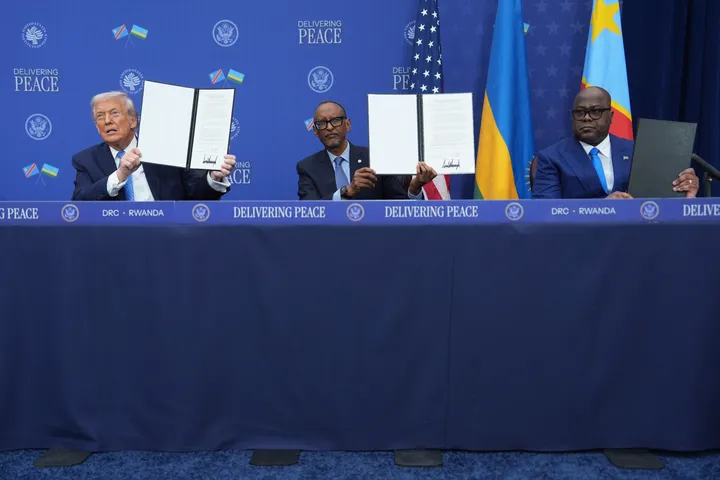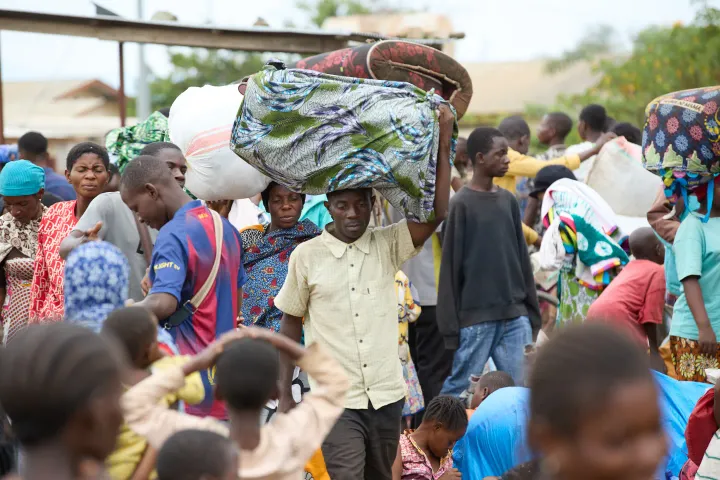By Firmain Éric Mbadinga
Economic experts say there are measures the Government of Burkina Faso can adopt to ensure little disruption of operations after France announced withdrawal of its aid to the country on Sunday.
Burkina Faso is one of the few West African nations under military rule after coups were staged in the country in January and September 2022.
Paris-based economic analyst Daniel Ouedraogo, who hails from Burkina Faso, says the suspension of the aid by France would “cause a delay in the finishing or execution of certain projects in Burkina Faso.”
Another economist, Mays Mouıssı, a Gabonese national who is also based in Paris, says the macro economy of Burkina Faso won’t be affected by France’s move to freeze external aid.
“Burkina Faso’s government operations are not dependent on the French development aid,” Mouıssı told TRT Afrika.
“So, the withdrawal of assistance by France will not have a direct impact on the ordinary citizens,” he added.
Familiar situation
Ouedraogo says Burkina Faso has been in a similar situation before – when the United States withdrew its aid to the African nation after the military staged a coup against President Roch Marc Christian Kabore.
He said before Kabore’s removal from office, the US was the biggest international donor to Burkina Faso, sending a donation of $213 million in 2020 alone.
The funds were meant for humanitarian, development and military assistance.
Ouedraogo says after the US held back its donations, the Burkina Faso government still found a way to survive without it.
France’s aid to Burkina Faso totals about €482 million ($530.5 million) since the European nation started extending financial assistance to the African country.
Ouedraogo says the Government of Burkina Faso can now look inwards in search of funds to bridge the shortage caused by France’s withdrawal of aid.
Innovation
“Taxes on mobile services that were recently introduced have helped in revenue generation for the government. Another innovative measure, is the collection of taxes on land sale and leases,” he said, adding that “thinking outside the box” should be the way out for Burkina Faso.
Ouedraogo says creation of new trade possibilities, and embracing e-commerce and mobile money will also play an important contribution to Burkina Faso’s economic growth.
Mouıssı, on his part, says Burkina Faso “should organise itself, even in its current troubled state, to achieve financial autonomy.”
Burkina Faso, as per the 2019 population census, had more than 20.5 million people, with foreigners accounting for 0.2% of the population.
























